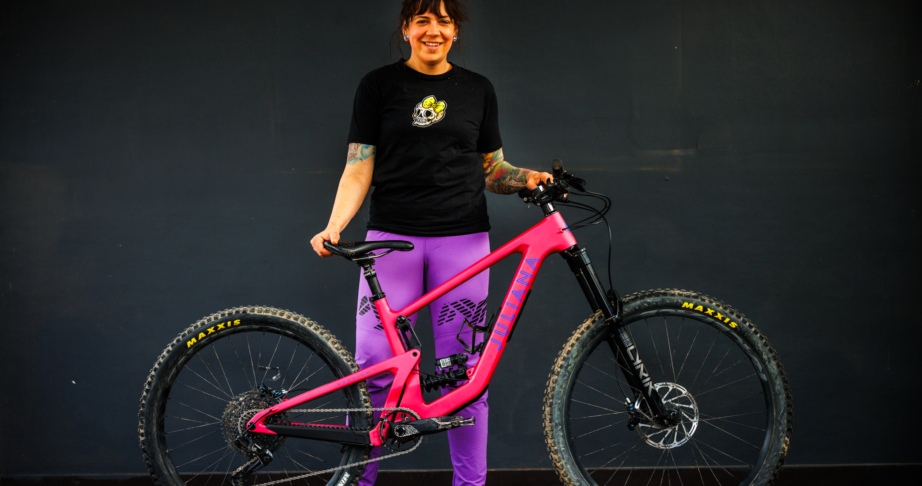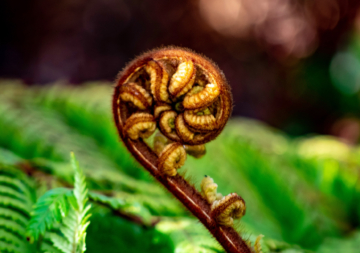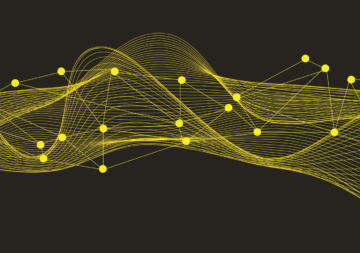
7 March 2024
Gravity, Grit, and Girls: a conversation with Andrea Ewanchuk
What inspired you to start Tas Gravity Girls?
Riding ‘gravity’ or ‘downhill’ involves descending hills, often using shuttle transport to reach the trailhead. The discipline tends to be more gnarly than cross country, with technical line choices, rock drops, and jumps.
Whenever I rode, I’d see huge groups of guys – every event was male-dominated. Even if a few women were riding, I’d often be the only woman on the bus to the trailhead. On top of this, Maydena, Tasmania, has a reputation as one of the toughest bike parks in the world. There are easier trails… if you know they exist. All of this created an intimidating and exclusive scenario for female gravity riders.
How did the idea for Tas Gravity Girls come about?
I’d seen other successful women’s downhill events and wanted to attend something similar in Tassie. Instead of waiting, I just created the group myself. The Maydena Bike Park was hugely supportive – they even provide us with discounts. Honestly, it’s just exploded from there.
Does Tas Gravity Girls have a mission?
More girls on bikes!

As the founder of Tas Gravity Girls, can you tell us how the group began and its activities?
I began by making simple social media posts like, “I’m going to be here; come ride with me.” I asked other women if they wanted to join me for a lap. I started handing out a tonne of bright party shirts to keep the atmosphere fun and relaxed (the opposite of intimidating!). Now, I’m certified and offer a variety of lessons through the Maydena Bike Park. We have specific ‘women’s days’ and tonnes of general meetups throughout the season.
Something I’ve learned is that many women won’t race – they just don’t think they’re good enough, and the women’s categories sit empty. To overcome this, the Tas Gravity Girls wear their party shirts and follow each other down the trail. These ‘party laps’ take away the pressure of racing, get women on the track, and we still get a race time!
Why is it important to support women in the mountain biking space?
My favourite quote is, ‘Girls who play sports become women who lead’. It’s important to show women they can do hard things, push boundaries, and trust themselves to make fast decisions. Having confident women in mountain biking means we have confident women at home, at school and at work.
What challenges do mountain biking women typically face?
There’s still a perception that women aren’t capable, or they aren’t as capable as men. Women are told they’re not ready for the highest level of competition and often aren’t invited to compete. Generally, men still assume you’re slower than they are, that you’re lost if you line up for an advanced trail, and that you must be clueless about fixing chains or a flat. Having Tas Gravity Girls’ lessons and maintenance clinics means more women are confident enough to go out and ride.
With International Women’s Day approaching, what are your thoughts on the significance of this day, especially in the context of mountain biking and women’s empowerment?
This year’s theme is ‘Inspire inclusion’. We need to invest in women’s sport and promote inclusivity at all competitive levels – the ‘Matilda effect’ shows us just how impactful women’s sport can be when it’s supported!
In terms of mountain biking, this year’s Redbull Hardline – the most challenging bike competition in the world – was held at Maydena Bike Park. We had a group of women tackle the course together, and two women completed the course and raced alongside men for the first time in history! It was incredibly inspirational and demonstrates that women can achieve and compete at the highest levels when given the investment and support.
How do you think Tas Gravity Girls has positively impacted your local community and the women involved?
Many women have returned to Maydena with friend groups formed through Tas Gravity Girls – and some bring new friends, others ride on their own, and some bring their partners. With racing, our Friday night women’s categories are consistently full now, and the women’s masters’ category (30-39) is exceptionally competitive!
In a recent race, a group of guys remarked, “That’s the Tas Gravity Girls, they’re fast – let them lead.” It resonated with me – it was a tangible shift in perception that I experienced firsthand.
Looking ahead, what’s next for you, both personally and for Tas Gravity Girls?
I was recently chosen as a Juliana Bicycles ambassador. Juliana generously supports Tas Gravity Girls’ ride camps for girls aged 12-14 – the age bracket where most girls commonly drop out of sport. And, given Maydena’s prominence in international competition and racing, I want to collaborate with professional athletes and coaches to create stronger pathways for young Australians to enter international competition. Otherwise, I’m going to advance my coaching levels and host larger Tas Gravity Girls’ events!


